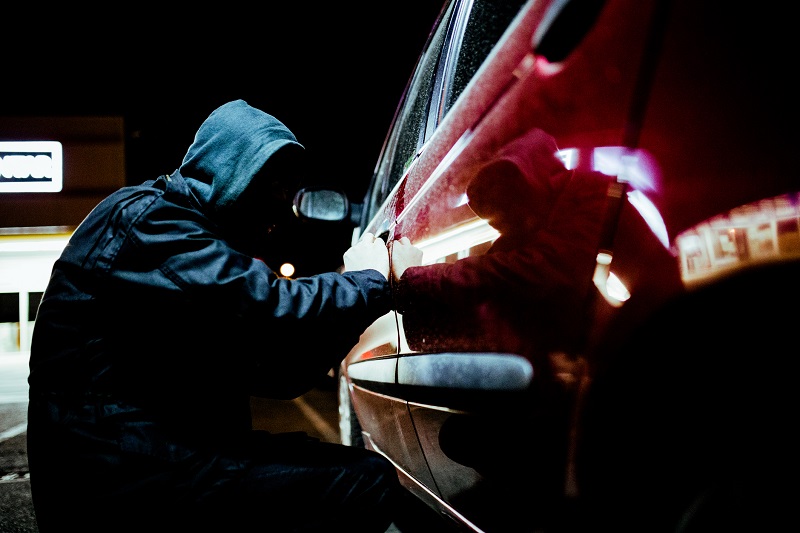Insurer introduces new auto rating variable for oft-stolen cars

With Canada’s property and casualty industry facing a record number of auto theft claims, insurers have introduced a variety of incentives and disincentives to encourage drivers to take theft-prevention measures — and now it’s showing up in a new ‘High Theft Rate’ auto rating variable.
Definity has just introduced the High Theft Rate rating variable in Nova Scotia.
“Definity proposed adding a new rating variable for comprehensive and specified perils,” the Nova Scotia Utility and Review Board said in a decision Wednesday approving the High Theft Rate. “The new variable targets those vehicles that show higher risk of being stolen or may have higher claims amounts arising from theft of the vehicle.”
Definity is Nova Scotia’s fourth-largest auto insurance market, with $85.4 million in direct premiums written, according to MSA Research stats published in the 2023 Canadian Underwriter Stats Guide.
The province’s insurance regulator noted that because the Atlantic car theft data was limited, Definity relied on national data when determining the vehicles to which a surcharge would apply.
“The analysis of this data focused on the 2022 accident year loss data to identify vehicles in the company portfolio that were subject to higher theft,” the regulator noted in its decision. “Definity identified 13 vehicle makes and models that had a higher average frequency of theft on a national basis and a higher overall frequency of claims. The company assigned a differential that increases the premium for these vehicles.”
Nova Scotia’s regulatory decision does not mention the 13 makes or models identified by Definity.
Equité Association notes the Top 5 stolen cars across Canada are the 2016-21 Honda CR-V, 2016-21 Lexus RX series, 2015-20 Ford F-150 series, 2016-21 Honda Civic, and the 2013-19 Toyota Highlander series. (It is not intended to suggest any of these makes or models are included in Definity’s Nova Scotia book of business.)
The regulator noted Definity “off-balanced the impact of this new variable through the base rates for comprehensive and specified perils to make the change revenue-neutral.”
After paying out a record $1 billion for auto theft nationally in 2022, insurers are taking different approaches for handling the costs. Apart from establishing new rating variables, some insurers are offering incentives for installing anti-car theft devices, while others are applying premium surcharges to those who don’t.
For example, some offer free installation ($400 value) of anti-theft devices such as the Tag tracker for customers who own often-stolen vehicles in high-theft areas. Tag is a Bluetooth vehicle tracking and recovery system.
Other carriers are applying a $500 annual insurance surcharge to drivers who own oft-stolen vehicles but don’t install Tag or another anti-theft device, such as a steering wheel/brake pedal lock, or wheel and tire lock.
– With files from Jason Contant –
Feature image courtesy of iStock.com/South_agency







